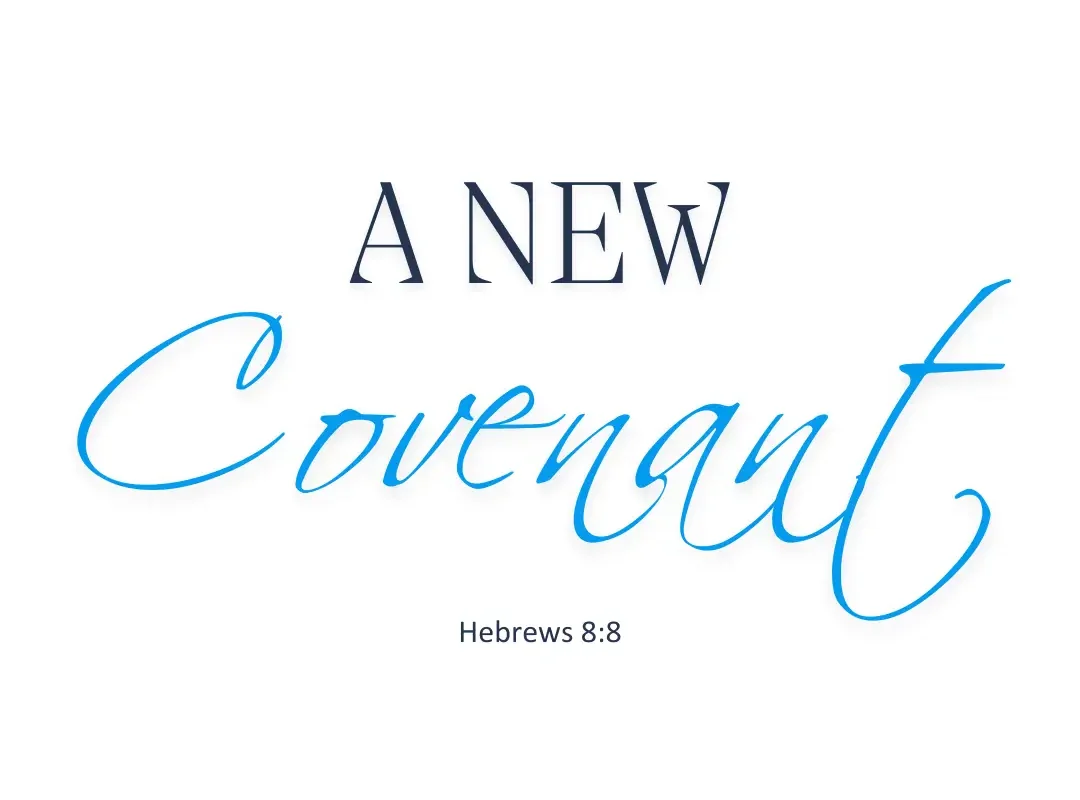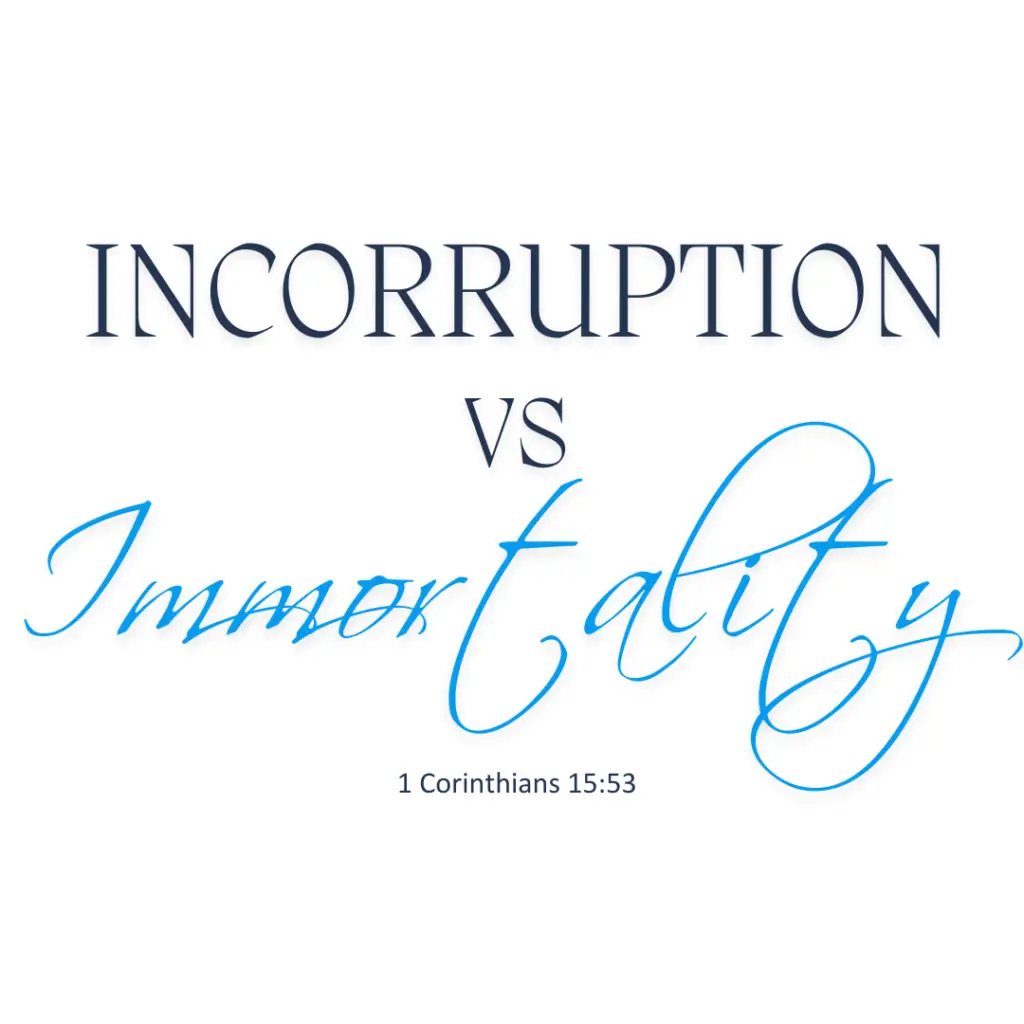The New Covenant: A Promise to Israel
The Significance of the New Covenant
The Bible speaks of many covenants, but the new covenant stands as a profound renewal of God’s relationship with His people, Israel and Judah. Unlike the covenant made at Mount Sinai (or Horeb), the new covenant, prophesied in the Old and New Testaments (Jeremiah 31:31, Hebrews 8:8, 10:16-18), brings about a deeper transformation—one that writes God’s law on the hearts of His people and offers the complete forgiveness of sins.
For the Christian Israelite Church, the new covenant is a central element of faith, where the promises to Israel remain distinct and irrevocable. This covenant not only offers spiritual transformation but complete renewal, as God promises immortality (the full preservation of spirit, soul, and body (1 Thessalonians 5:23)) in the Kingdom of God.

Biblical Foundation of the New Covenant
The new covenant is first introduced in the Old Testament in Jeremiah 31:31-34:
‘Behold, the days come, saith the Lord, that I will make a new covenant with the house of Israel, and with the house of Judah: Not according to the covenant that I made with their fathers… But this shall be the covenant that I will make with the house of Israel… I will put my law in their inward parts, and write it in their hearts; and will be their God, and they shall be my people.’
This prophecy is foundational, as it speaks of a future covenant where God’s laws would no longer just be external, but internal, written on the hearts of His people. Under the new covenant, Israel and Judah would experience a personal relationship with God who promises to forgive their iniquities and remember their sins no more.
The Distinct Promises for Israel and Judah
The new covenant is a renewal of God’s relationship with the Israelites. It is important to emphasise that this covenant is specifically directed at Israel and Judah, as Romans 9:4-5 reminds us:
‘Who are Israelites; to whom pertaineth the adoption, and the glory, and the covenants, and the giving of the law, and the service of God, and the promises.’
This verse confirms that the covenants, including the new covenant, relate to Israel. Christian Israelites believe that God’s covenant with Israel is unchanging, and that the new covenant is part of His ongoing plan for the Israelites.
The Difference Between a Covenant and a Gift
A critical point in understanding the new covenant is the difference between a covenant and a gift. In Biblical terms, a covenant is a contract, a binding agreement that requires actions from both parties. In the case of the new covenant, Israel is called to live according to God’s ways, while God promises forgiveness, transformation, and restoration.
A gift, such as soul salvation through grace, is freely given by one party and received by the other. As Ephesians 2:8-9 says, ‘For by grace are ye saved through faith… it is the gift of God.’
The new covenant is distinguished from a grace gift as the covenant relationship with God requires commitment and action from Israel.
Fulfillment in Jesus Christ: The Mediator of the New Covenant
The new covenant is fulfilled in Jesus Christ, who serves as the mediator between God and Israel. In Hebrews 8:6-13, we see how Jesus brings this covenant to life:
‘But now hath he obtained a more excellent ministry, by how much also he is the mediator of a better covenant, which was established upon better promises… I will make a new covenant with the house of Israel and with the house of Judah.’
God’s Everlasting Commitment to Israel
The new covenant also reflects God’s unchanging commitment to Israel. In Hebrews 6:13, we see that God swore by Himself when making His covenant promises, indicating their unbreakable nature:
‘For when God made promise to Abraham, because he could swear by no greater, he sware by himself.’
This everlasting promise is further reinforced by Ezekiel 37:26-28, where God declares that His covenant with Israel will be an eternal covenant of peace:
‘Moreover I will make a covenant of peace with them; it shall be an everlasting covenant… My tabernacle also shall be with them; yea, I will be their God, and they shall be my people.’
God’s commitment to Israel stands firm. He will fulfill His promises, regathering the scattered tribes and restoring them to a place of honour in His eternal Kingdom.
Christian Israelite Perspective: Focus on Transformation
Christian Israelites view the new covenant as a call for transformation—both spiritually and physically. This includes the redemption of the body as referenced in 1 Corinthians 15:50-54, which promises a transformation of the mortal body into an immortal form.
The focus of the new covenant is not merely on external obedience but on internal change, as Ezekiel 36:26-27 promises:
‘A new heart also will I give you, and a new spirit will I put within you… And I will put my spirit within you, and cause you to walk in my statutes.’
This is an important promise as Romans 8:11 outlines the result of this change:
‘But if the Spirit of him that raised up Jesus from the dead dwell in you, he that raised up Christ from the dead shall also quicken your mortal bodies by his Spirit that dwelleth in you.’
A Call to Embrace the New Covenant
The new covenant contains God’s enduring promises to Israel and Judah, offering hope, transformation, and restoration. Through this covenant, we are called to not only live in close relationship with God but to anticipate the complete redemption of our spirit, soul, and body.
We invite you to explore the significance of the new covenant in your own life and reflect on God’s promises. Contact us for more information or join one of our discussions to explore this important topic further.
Connect With Us
Email Enquiry
Send us your questions or share your thoughts via email. We’re here to help and respond to your inquiries promptly.
Request a Resource
Looking for specific information or materials? Request resources directly, and we’ll ensure you receive what you need to enhance your understanding and connection.
Connect by phone
Prefer a personal touch? Give us a call. Our friendly team are available to speak with you and answer any questions.
visit us
We welcome visitors at 11.30am every Sunday. We look forwarding to meeting you.






